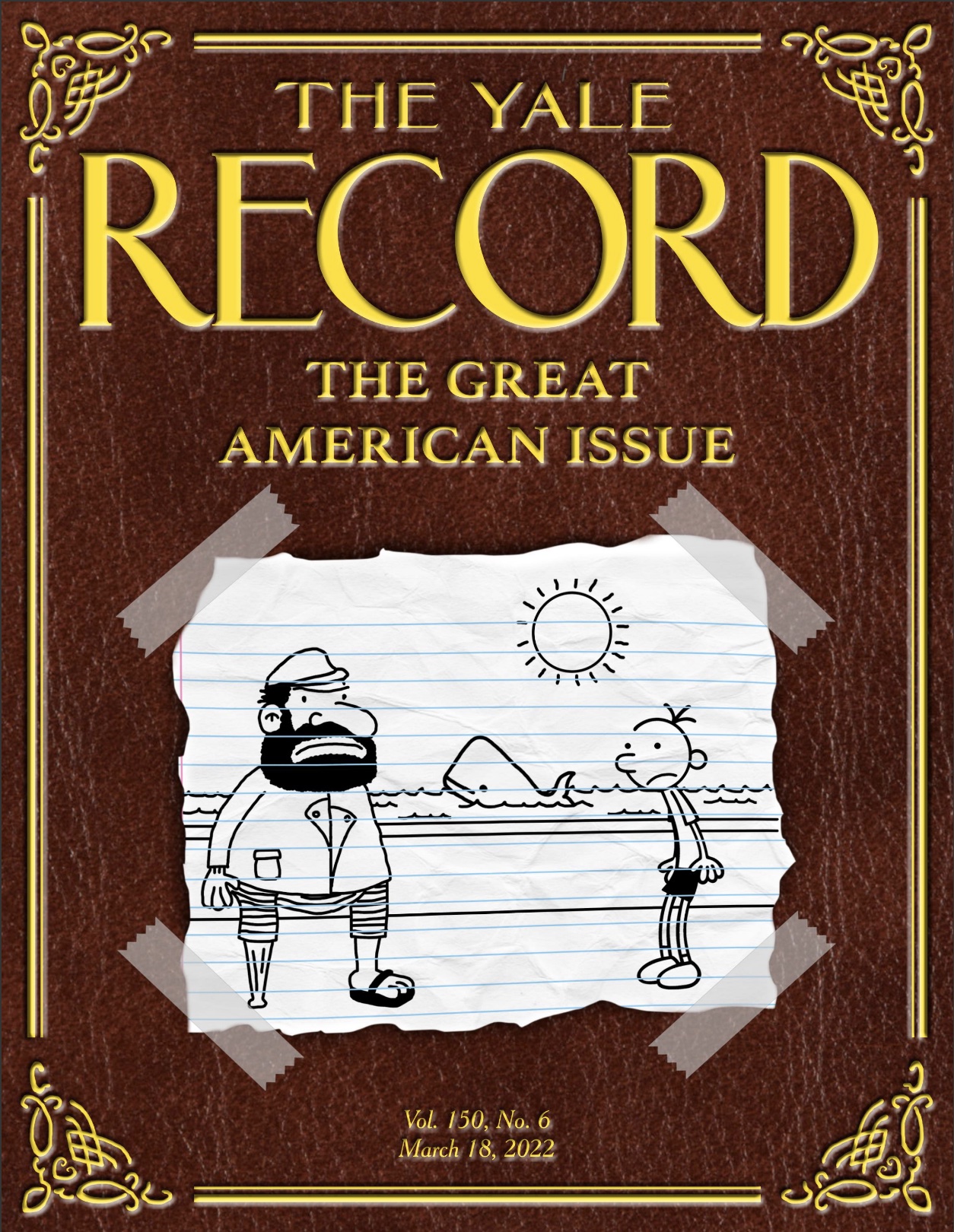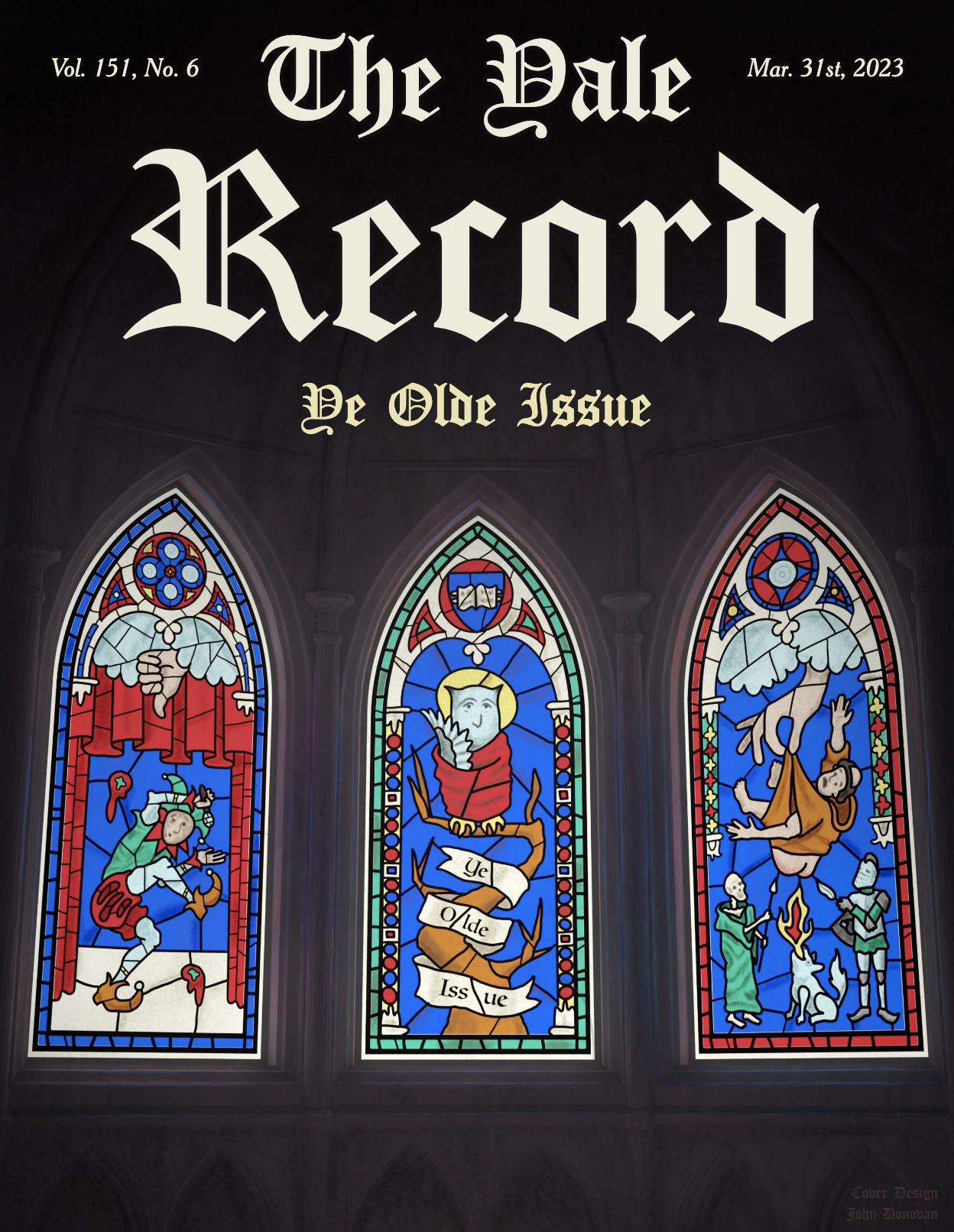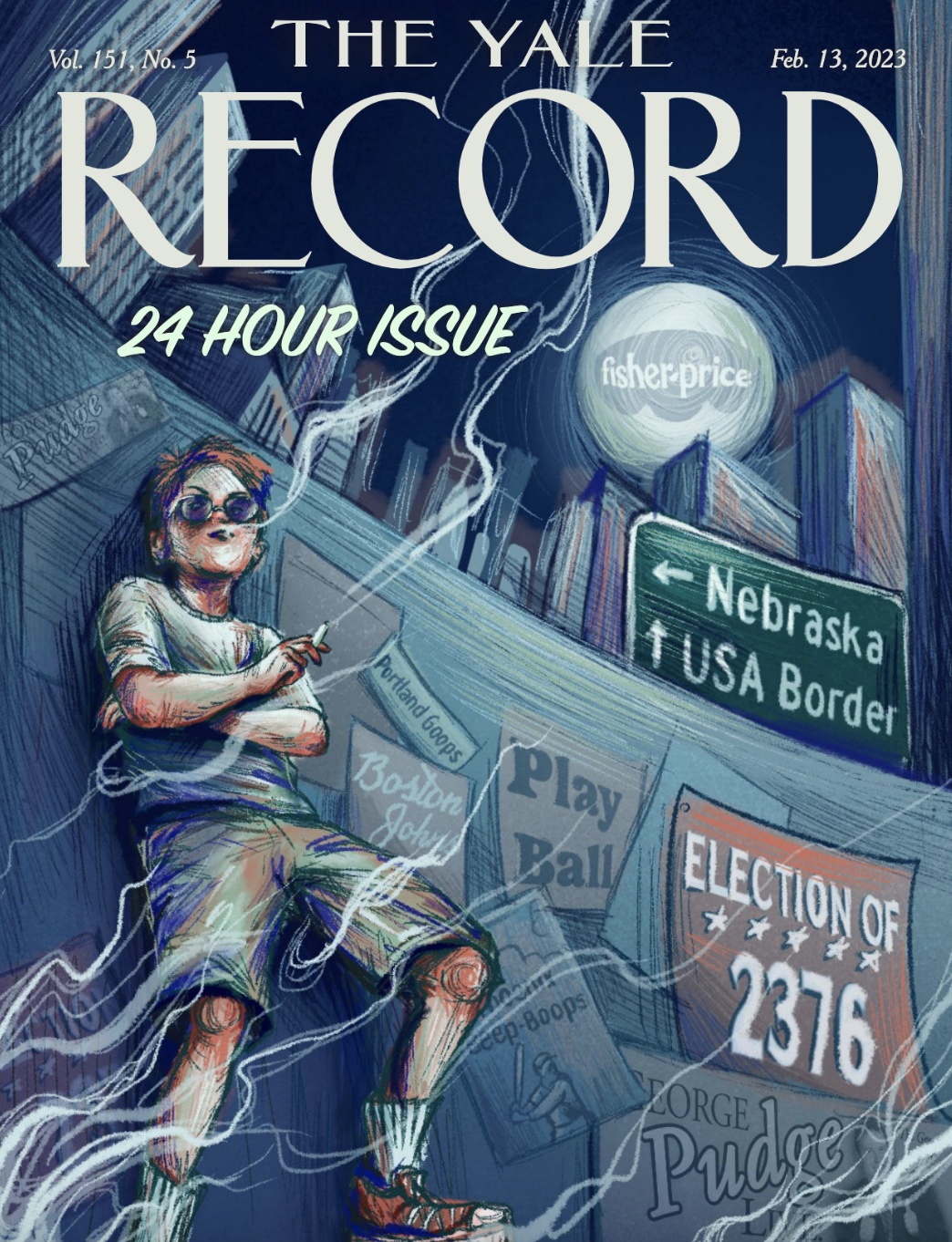As a precocious seven-year old, Mark Twain’s mystifying wit and tasteful use of racist slurs are often my sole companion in my bedroom at night. I can curl up and revel at depictions of a Southern Antebellum society for hours, trading in the chains of bedtimes for those of slavery and blood feuds.
However, a glaring flaw in Huckleberry Finn’s character consistently prevents me from taking his character seriously, despite his homespun ingenuity and happy-go-lucky charm. Throughout The Adventures of Huckleberry Finn, there are several eyebrow-raising references to things like motivation or emotions. Now, I’m no expert—although I just got a perfect score on my Social Studies test—but those seem like human notions, and everyone knows that Huckleberry Finn is clearly a fictional character.
Take this passage for example: “I asked her if she reckoned Tom Sawyer would go there, and she said not by a considerable sight.” Here, Huckleberry appears to believe that he has “asked” a question, even though he does not exist and therefore cannot “ask” anything. Frankly, I think Huckleberry Finn and his equally NOT REAL compatriots are all idiots and should never be turned to for advice on any subject. How could you possibly think a name on paper—who, by the way, consistently misspells words like “civilize,” something well within the reach of a first-grader—could ever have anything interesting to say on the human condition?
When I brought up these sound, dare I say mature conclusions to my teacher, she laughed at me! The audacity! Critical race theory is clearly corrupting our American inquisitive spirit and educational institutions.
Yesterday, after telling me to “see her after class,” she mentioned something along the lines of “those in glass houses shouldn’t throw stones.” She said that I have “no self-awareness” and am simply a character in a satire magazine! Hogwash! Whatever the “Yale Record” is definitely can’t beat my status as Mrs. Brown’s class line leader.
—J. Mansfield




